
What Is CBG Oil?
If you’re looking for a comprehensive, natural solution to tackle inflammation and its debilitating effects, you’re in the right place. Welcome to the new era
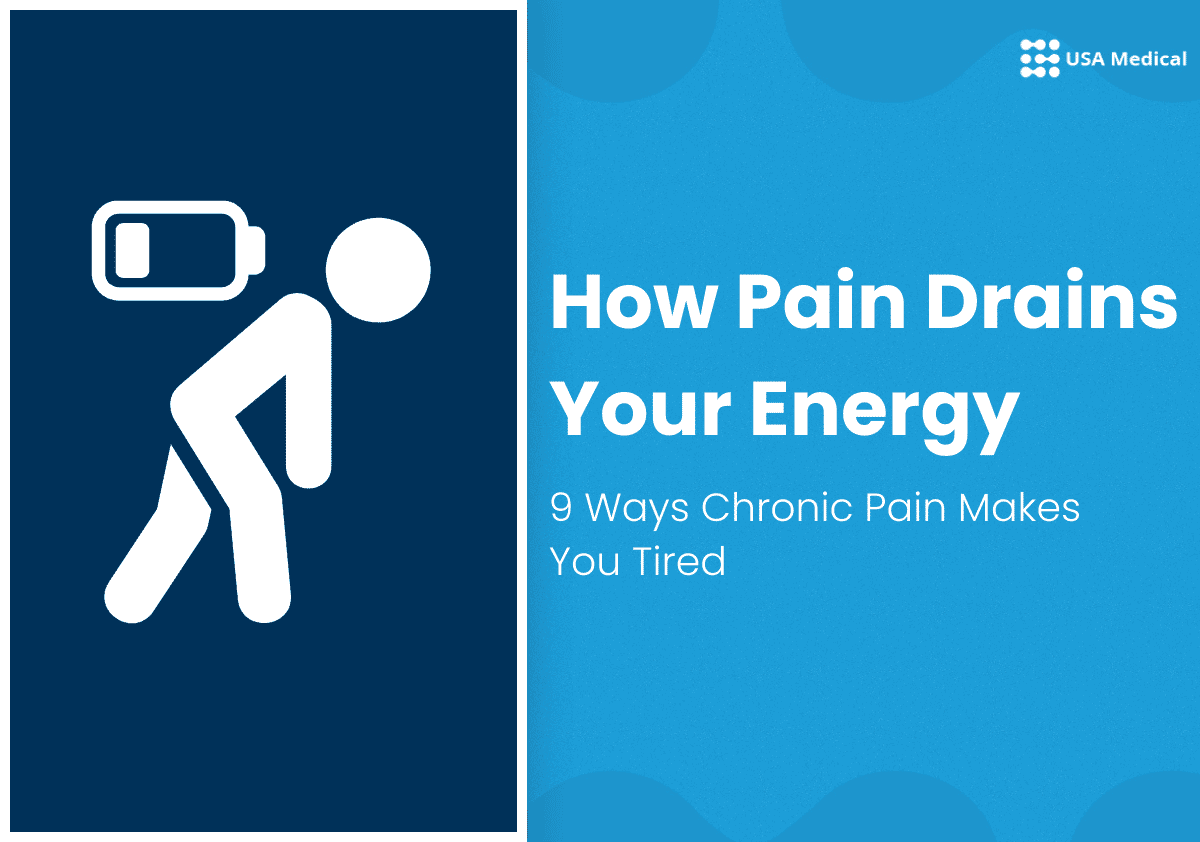
Pain is a common experience for many people, whether it’s due to an injury, illness, or chronic condition. But many people may not realize how pain drains your energy or that pain can significantly contribute to chronic fatigue. Chronic pain and inflammation can cause several physiological changes in the body that result in persistent exhaustion and decreased energy levels.
This article explores how pain drains your energy and discusses the relationship between chronic pain and fatigue. We’ll also offer tips and strategies for managing pain and improving energy levels, so once you understand how pain drains your energy, you can get back to feeling your best.
Pain is a complex experience that can be understood from both a scientific and psychological perspective. Scientifically, pain is an unpleasant sensory and emotional experience associated with actual or potential tissue damage. It is a protective mechanism that alerts the body to potential harm, helping to prevent further injury.
There are two main types of pain: acute and chronic. Acute pain is typically caused by an injury, illness, or medical procedure and lasts a relatively short time. On the other hand, chronic pain persists for more than 12 weeks and can be caused by a range of factors, including injury, inflammation, and nerve damage.
Various factors, including injury, inflammation, and nerve damage, can cause chronic pain. Here are some of the most typical causes of chronic pain:
Chronic pain is a complex and multifaceted condition that can have a range of causes, from injury and inflammation to nerve damage and chronic illnesses, all contributing to how pain drains your energy. There are other types of chronic pain, so if you have other pain-related questions, such as, can muscle pain make you tired? Yes, all types of pain can lead to fatigue.
From a psychological perspective, pain is a complex experience influenced by various factors, including past experiences, emotions, and cognitive processes. How a person perceives and responds to pain is highly individual and can vary based on factors such as culture, gender, and personality.
Psychological theories suggest that cognitive and emotional factors influence pain, including attention, expectation, and anxiety. For example, the gate control theory of pain proposes that the spinal cord and brain modulate pain signals and that factors such as attention and emotional state can affect how these signals are perceived, which is just another example of how pain drains your energy.
The experience of pain can also have a significant impact on mental health and well-being.
Chronic pain has been associated with various psychological symptoms, including depression, anxiety, and stress. How pain drains your energy can interfere with daily activities and quality of life, leading to frustration, helplessness, and social isolation.
Chronic fatigue is a debilitating condition characterized by persistent exhaustion and decreased energy levels. A range of other symptoms, including muscle pain, joint pain, and difficulty concentrating, often accompany it.
While the causes of chronic fatigue are not fully understood, research suggests that it may be linked to various factors, including viral infections, autoimmune disorders, and psychological stress, which is how pain drains your energy.
Chronic fatigue can significantly impact daily life and interfere with work, school, and social activities. It can also contribute to feelings of depression, anxiety, and social lamination.
In addition to chronic pain, other factors contributing to chronic fatigue include sleep disturbances, nutritional deficiencies, and hormonal imbalances. Effective management of chronic fatigue often requires a comprehensive approach that addresses these underlying factors.
Treatment options may include medications, lifestyle modifications, cognitive-behavioral therapy, and mindfulness-based stress reduction.
Inflammation is a natural response to injury and an integral part of the body’s healing process. However, when inflammation becomes chronic, it has adverse effects on the body, including increased fatigue and decreased energy levels, which is an example of how pain drains your energy. Think about back pain and extreme tiredness and how the more pain you’re in, the more you want to relax.
Moreover, chronic pain can also contribute to feelings of anxiety and depression, which can also contribute to persistent fatigue.
Anxiety and depression are common co-occurring conditions with chronic pain, and they can lead to disruptions in sleep, appetite, and overall energy levels. As a result, it’s crucial to manage chronic pain properly to prevent it from contributing to chronic fatigue, as this is how pain drains your energy.
In many cases, chronic fatigue may be caused by a combination of factors contributing to how pain drains your energy. For example, chronic illness and sleep disorders may contribute to some individuals’ chronic fatigue. Identifying the underlying causes of chronic fatigue is crucial in developing an effective treatment plan.
This may involve a combination of interventions, including medication, lifestyle modifications, and therapies such as cognitive-behavioral therapy and mindfulness-based stress reduction. Wondering why does pain make me sleepy? It’s the constant stress of pain that leads to fatigue.
Chronic pain can be a significant major contributor to chronic fatigue. When the body experiences chronic pain, it triggers a stress response that can cause physiological changes. These changes include the release of stress hormones such as cortisol and adrenaline, which can interfere with the natural sleep and wake cycles.
This can result in sleep disturbances and lead to persistent fatigue and decreased energy levels, leading to how pain drains your energy.
In addition to disrupting sleep, chronic pain can also cause inflammation in the body. Inflammation is a natural response to injury and an integral part of the body’s healing process. However, when inflammation becomes chronic, it creates adverse effects on the body, including increased fatigue and decreased energy levels.
Moreover, chronic pain can also contribute to feelings of anxiety and depression, which can also contribute to persistent fatigue. Anxiety and depression are common co-occurring conditions with chronic pain, and they can lead to disruptions in sleep, appetite, and overall energy levels.
Inflammation is a natural response to injury and helps the body heal. When the body is under stress, it produces more cortisol, which can interfere with its natural sleep cycle. Cortisol can keep the body awake at night and interfere with the natural release of melatonin, a hormone that helps regulate sleep.
As a result, people with chronic pain often have trouble getting rest, leading to persistent fatigue and decreased energization.
However, when inflammation becomes chronic, it can lead to adverse effects on the body, including increased fatigue and decreased energy; chronic pain can also cause changes in the body’s immune system, leading to normal inflammation levels.
Finally, chronic pain can also contribute to feelings of anxiety and depression. Anxiety and depression are common co-occurring conditions with chronic pain, and they can contribute to persistent fatigue. Anxiety and depression can lead to disruptions in sleep, appetite, and overall energy levels.
CBG, or cannabigerol, is a non-psychoactive cannabinoid found in the cannabis plant. It has been studied for its potential therapeutic benefits, including pain relief and anti-inflammatory effects. CBG works by interacting with the body’s endocannabinoid system, which regulates pain, inflammation, and other physiological processes.
Research suggests that CBG Oil may require a reduction in conditions such as multiple sclerosis, arthritis, and inflammatory bowel disease. Additionally, CBG may have anti-anxiety and antidepressant effects, which can help address chronic pain’s emotional impact.
CBG’s benefits for pain and inflammation suggest that it may be a valuable tool for addressing the energy-draining effects of chronic pain.
Inflammation is a natural response to injury and is integral to the body’s healing process. However, when inflammation becomes chronic, it can have a range of adverse effects on the body, including decreased energy levels and increased fatigue. CBG has been studied for its anti-inflammatory effects, which can be beneficial in reducing the impact of chronic pain on the body.
CBG works by interacting with the body’s endocannabinoid system, which plays a role in regulating inflammation. It has been shown to inhibit the production of pro-inflammatory cytokines and to reduce the activation of immune cells involved in inflammation. Additionally, CBG has been shown to have antioxidant properties, which can protect against oxidative stress and reduce inflammation in the body.
Research suggests that CBG Oil may reduce inflammation in various conditions, including:
By reducing inflammation, CBG may help reduce chronic pain’s impact on the body, including fatigue and decreased energy levels. The more you understand how pain drains your energy, the easier it is for you to combat chronic fatigue and the illnesses that lead to it.
If you’re considering using CBG to address chronic pain and fatigue, one effective way to use it is by using CBG oil, which is often a tincture. CBG oil can be incorporated into your daily routine in several ways to help boost your energy and focus. Here are some tips for using CBG oil:
By incorporating CBG oil into your daily routine, you may be able to boost your energy and focus and improve your overall quality of life.
Chronic pain and chronic fatigue are two conditions that can significantly impact an individual’s quality of life. The pain and exhaustion can interfere with daily activities, social relationships, and work, leading to frustration, depression, and anxiety.
CBG, or cannabigerol, is a promising natural remedy that can offer relief to those who suffer from chronic pain and chronic fatigue. CBG is a non-psychoactive cannabinoid found in the cannabis plant, and it is known for its potential therapeutic benefits, including pain relief and anti-inflammatory effects.
CBG works by interacting with the body’s endocannabinoid system, which regulates pain, inflammation, and other physiological processes.
Regarding how pain drains your energy, Research has shown that CBG can effectively reduce pain and inflammation in conditions such as multiple sclerosis, arthritis, and inflammatory bowel disease. Additionally, CBG has been shown to have anti-anxiety and antidepressant effects, which can help address chronic pain’s emotional impact.
CBG’s benefits for pain and inflammation suggest that it may be a valuable tool for addressing chronic pain’s energy-draining effects.
CBG can be an effective tool for addressing the energy-draining effects of chronic pain and inflammation. By reducing inflammation, CBG may help reduce chronic pain’s impact on the body, including fatigue and decreased energy levels. CBG may also help address the emotional impact of chronic pain by providing anti-anxiety and antidepressant effects.
If you’re considering using CBG to address chronic pain and fatigue, one effective way is using CBG oil, which is the rm of a tincture. CBG oil can be incorporated into your daily routine in several ways to help boost your energy and focus.
By incorporating CBG oil into your daily routine, you may be able to boost your energy and focus and improve your overall quality of life. If you’re ready to try CBG oil, look for third-party tested CBG Oil with a risk-free, money-back guarantee.
Chronic pain and chronic fatigue can be collisions, but with the right tools and resources, you can find relief and improve your quality of life. Learn more about CBG and see if it’s the rigor you need.

In stock | Free shipping

In stock | Free shipping
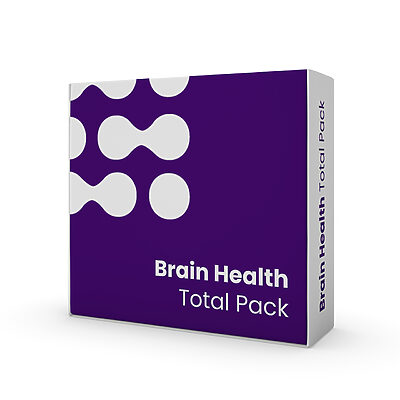
In stock | Free shipping

In stock | Free shipping
These statements have not been evaluated by the Food and Drug Administration. These products/services are not intended to diagnose, treat, cure, or prevent any disease.

If you’re looking for a comprehensive, natural solution to tackle inflammation and its debilitating effects, you’re in the right place. Welcome to the new era
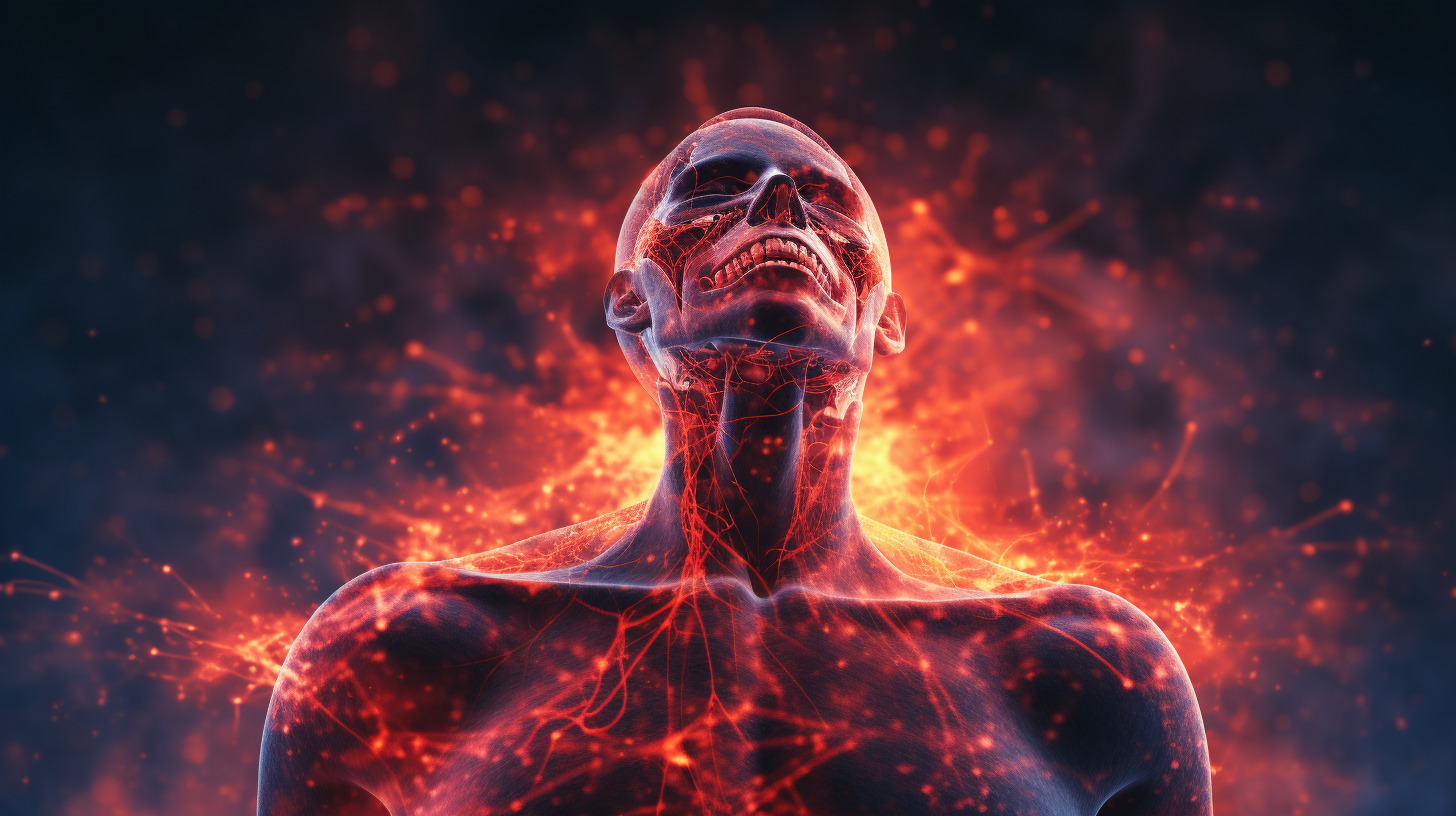
The Invisible Enemy Within You wake up feeling groggy, your joints ache, and that old neck pain seems to have returned. No, it’s not just

CBG oil has been creating waves in the health and wellness industry, and for good reasons. But with any health trend, it’s crucial to separate
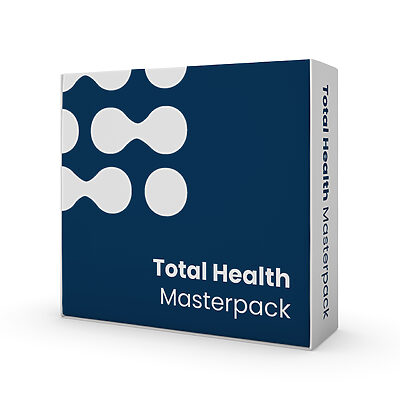
In stock | Free shipping

In stock | Free shipping

In stock | Free shipping

In stock | Free shipping

In stock | Free shipping

In stock | Free shipping

In stock | Free shipping

In stock | Free shipping

In stock | Free shipping

In stock | Free shipping

In stock | Free shipping
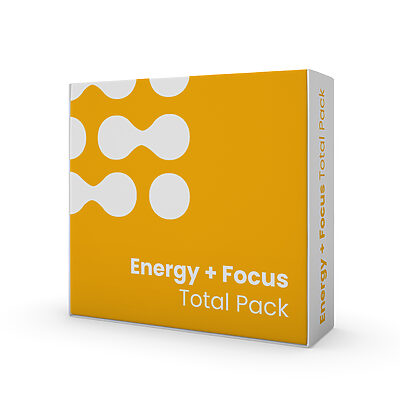
In stock | Free shipping
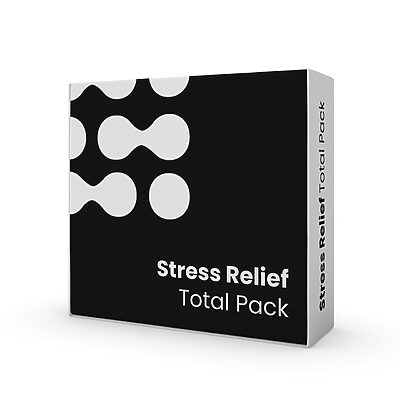
In stock | Free shipping
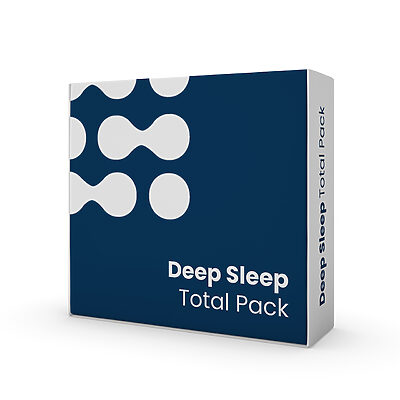
In stock | Free shipping
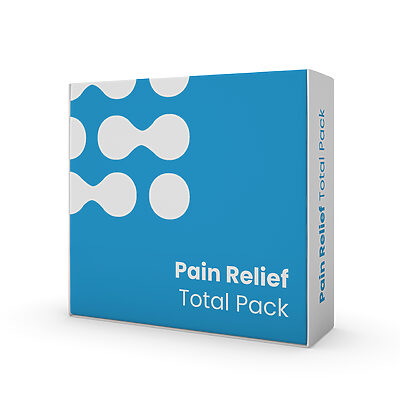
In stock | Free shipping